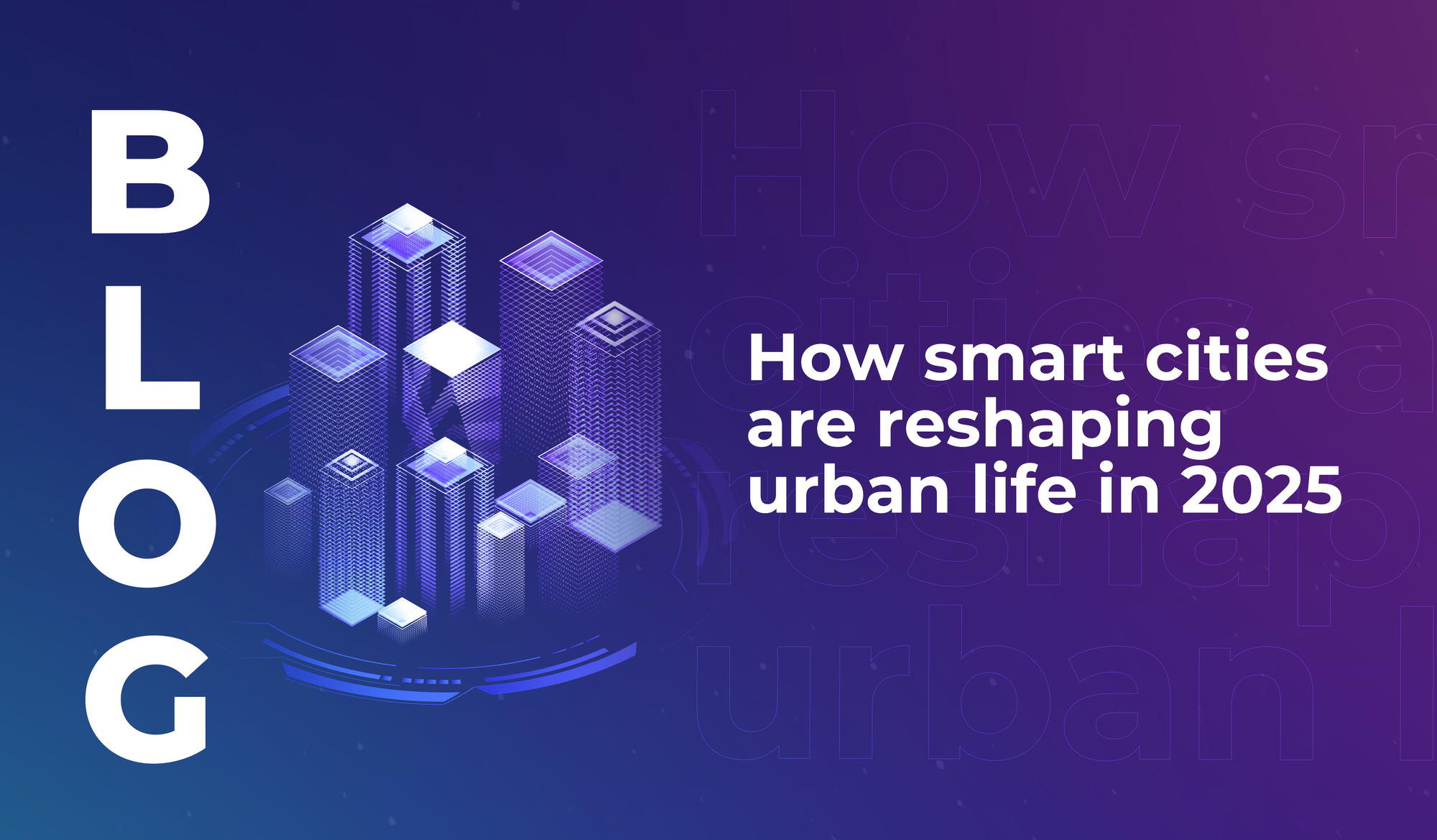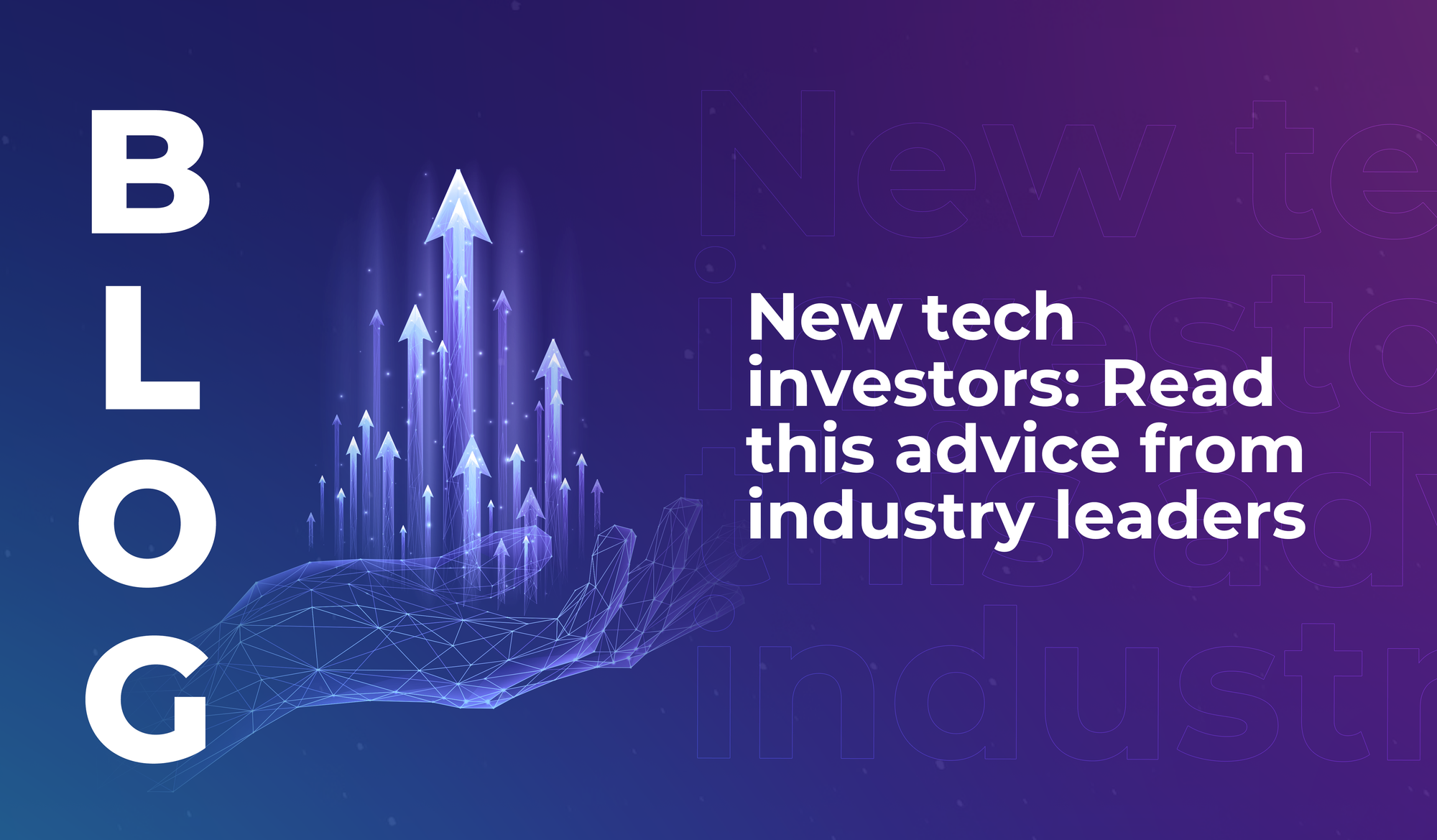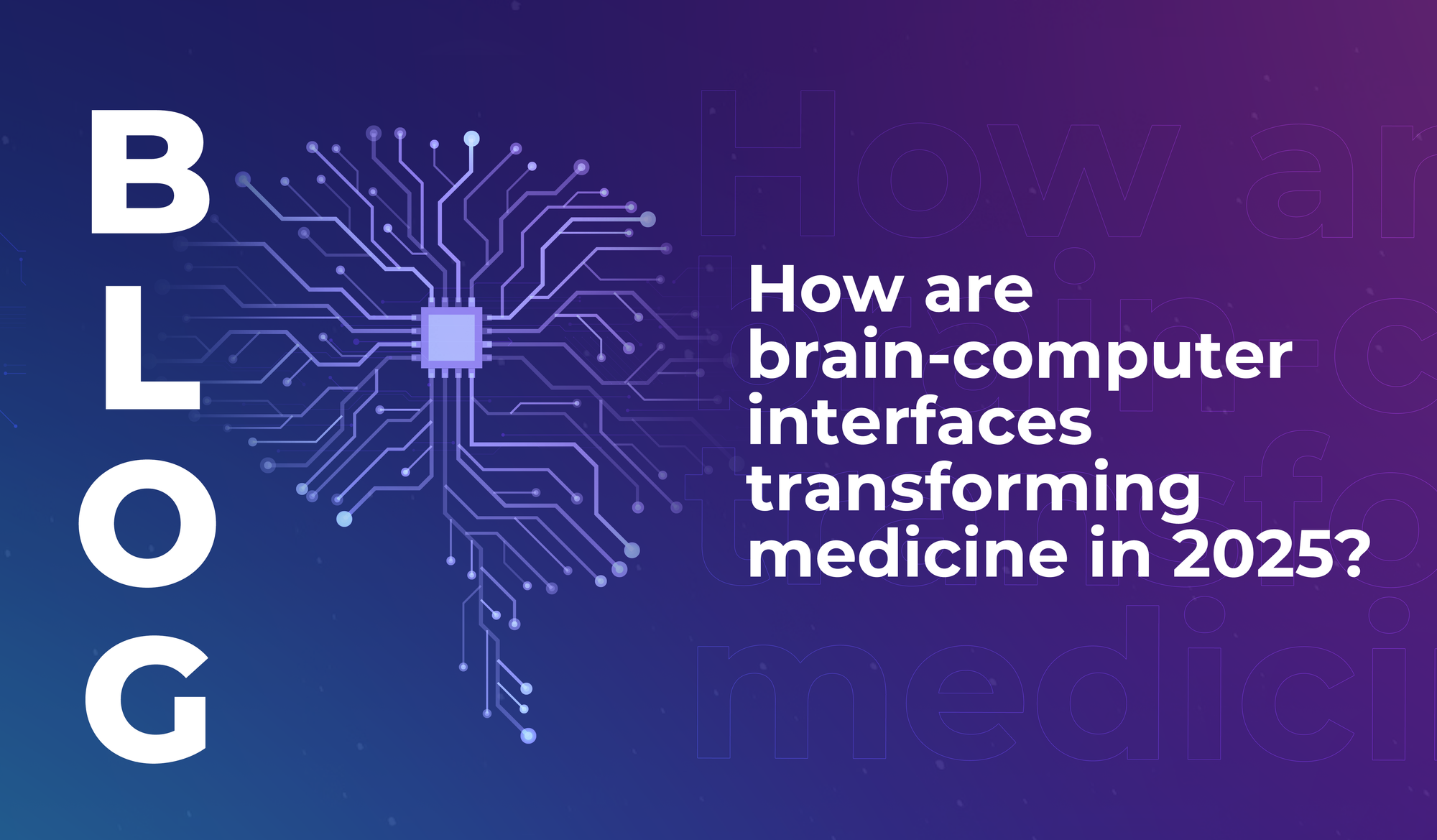
How smart cities are reshaping urban life in 2025
Discover the key drivers of positive smart city development, including collaboration, data literacy, and a sharp focus on sustainability.


Welcome to this week’s LEAP:IN newsletter. Each week, we unpack leader’s powerful quotes and decipher the tech landscape. With exclusive content from some of the world’s leading experts in AI, robotics, space, edutech, climate tech and more, read on to discover this week’s insights and subscribe to receive weekly updates direct to your inbox.
This week we’re quoting…
Alaa Abdulaal (VP of Strategy and Governance at Digital Cooperation Organisation)
What Abdulaal said:
“The efficient way to implement any policy is to have that hand-in-hand with the consumer, with the private sector, with the public sector, with all of us on the same table.”
Hand-in-hand makes sense
Creating policies with contributions from everyone involved (including all of the people those policies might affect) makes sense. But it’s certainly not easy.
Why?
Because getting all those people at the same table means all of them have to be willing to collaborate, and all of them have to be willing to not get exactly what they want.
In 2019 the OECD outlined some of the major challenges to consumer policy in the digital age. Among them was the issue of making policy adaptable as technology continues to change so rapidly, and also the problem of cooperation across borders and between companies.
For policy to be developed collaboratively, those involved need to shift focus away from competition, and towards the collective good – both nationally (more cooperation and less competition between companies) and internationally (more cooperation and less competition between governments).
It’s hard to agree on things
Recent policy developments serve as proof that it’s difficult for everyone to agree on…well, anything.
For example:
Pull up a chair
Challenges aside (sounds so easy when we put it like that, doesn’t it?) thought leaders at LEAP were in agreement that collaboration – and by extension, compromise – will be essential to future policy.
So we encourage you (yes, you!) to pull up a chair and take every opportunity to be involved in digital policy development. Respond to those surveys, sign those petitions, and make your voice heard.
And…
Marwan Al Balawi (Senior Digital Health Director at Lean Business Services)
What Al Balawi said…
“We saw a lot of futuristic technologies at LEAP. I just want you to imagine how this will impact the healthcare system.”
What kind of tech is changing healthcare right now?
As well as telehealth tools that bring health services into digital spaces, we’re seeing a significant rise in emerging health tech systems that could have a huge impact on our future wellness.
Such as…
Do doctors want more tech?
It goes without saying that the tech industry loves tech. But what about doctors? Do the people with the hands-on responsibility for caring for patients actually want new technologies?
In 2020, a survey by the American Medical Association uncovered a rise in the adoption of new tech by doctors. Almost 9 in 10 physicians saw an advantage in using digital health tools, and the study found increased use of seven key areas of tech (including remote monitoring, clinical decision-making, and patient engagement), compared to a previous survey from 2016.
A 2018 study in Germany, published in the journal JMIR Research Protocols, examined the acceptance and resistance of new tech in medicine. The researchers found that the adoption of new tech in healthcare settings was dependent largely on individual opinions.
Some medical professionals thought that:
In contrast, others welcomed new tech because it gave them more opportunities to interact with patients and carers. It’s all a matter of perspective, basically.
Generally speaking, the study found that patients were more welcoming of new tech than medical professionals – they embraced the chance to have more autonomy in choosing their healthcare options.
Health tech is coming
New health tech won’t remain the domain of select, high-budget private hospitals. It’s developing fast, and it will change the way medical practitioners work. And it’ll change the way patients work, too – as more and more of us will have access to accurate health information via our mobile devices.

Discover the key drivers of positive smart city development, including collaboration, data literacy, and a sharp focus on sustainability.

Some of the most experienced tech investors in the world share their insights and advice to help new investors on their path to success.

Discover how brain-computer interfaces (BCIs) are creating new possibilities in healthcare and medicine.

Discover the key drivers of positive smart city development, including collaboration, data literacy, and a sharp focus on sustainability.

Some of the most experienced tech investors in the world share their insights and advice to help new investors on their path to success.

Discover how brain-computer interfaces (BCIs) are creating new possibilities in healthcare and medicine.